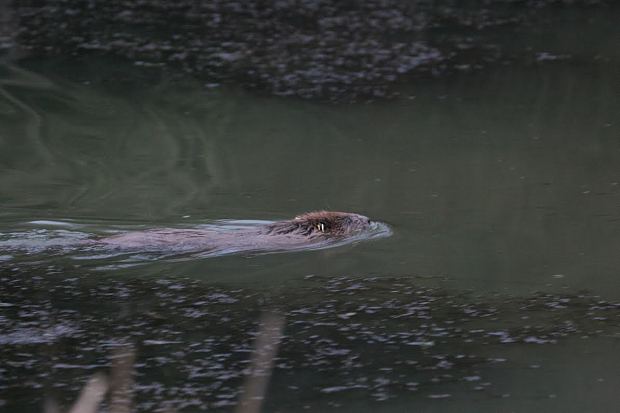
Beavers are back in England
England has now reintroduced its first ‘official’ wild beavers.
Video documentation of a beaver colony in Devon in southwestern England had first surfaced in January 2014. Although reports of these beavers had been made since at least 2013, the British authorities could not ignore the new proof of beavers living wild in England.
The governmental agencies became concerned that the beavers might pose a risk since the animals had been released there illegally, i.e. no one had gotten a permit for the release and gone through the veterinarian and risk assessment protocols. The early statements by the Department for Environment, Food and Rural Affairs (DEFRA) indicated that there were concerns about the genetic background of the animals (Were they from Bavaria instead of Scandinavia like the beavers in the Scotland trial? Or even from Canada?) as well as their potential to carry the Echinococcus multilocularis parasite. DEFRA’s position was that the beavers should be caught and killed.
As you can imagine, a public outcry ensued about the potential beaver cull. In January 2015, Natural England issued a permit to the Devon Wildlife Trust to conduct a 5-year reintroduction trial with the wild beavers. DWT was still required to capture the beavers and run veterinarian checks on them. Five beavers were captured in March and tests showed that (1) they are Castor fiber (rather than the North American beaver Castor canadensis) and (2) were free from Tularaemia, Echinococcus multilocularis and bovine TB. With these confirmations, the beavers meet the Natural England permit requirements. The beavers were released back into the wild on 24-25 March 2015.
The beavers will now be monitored by DWT as part of an official reintroduction program, the first for beavers in England. The Scottish Beaver Trial just ended its 5 year monitoring program in Knapdale and is still awaiting a decision about the long-term status of its beavers. Now a 5-year trial in England has begun. With both projects together, beavers are poised to make a strong return to the UK.
The interest in beaver reintroduction in the UK has come from the bottom up: local nature conservationists and organisations. The central agencies have tended to be conservative, finding ways to stick to the status quo and not attempt reintroduction. This is remarkably similar to the beaver reintroductions in Sweden in the 1920s and 30s, which were also organised and financed by people with local interests. What this shows is that even in a world dominated by technocratic and bureaucratic thinking, local conservation interests can make a difference — in this case, to the survival of the beavers on the River Otter in Devon.
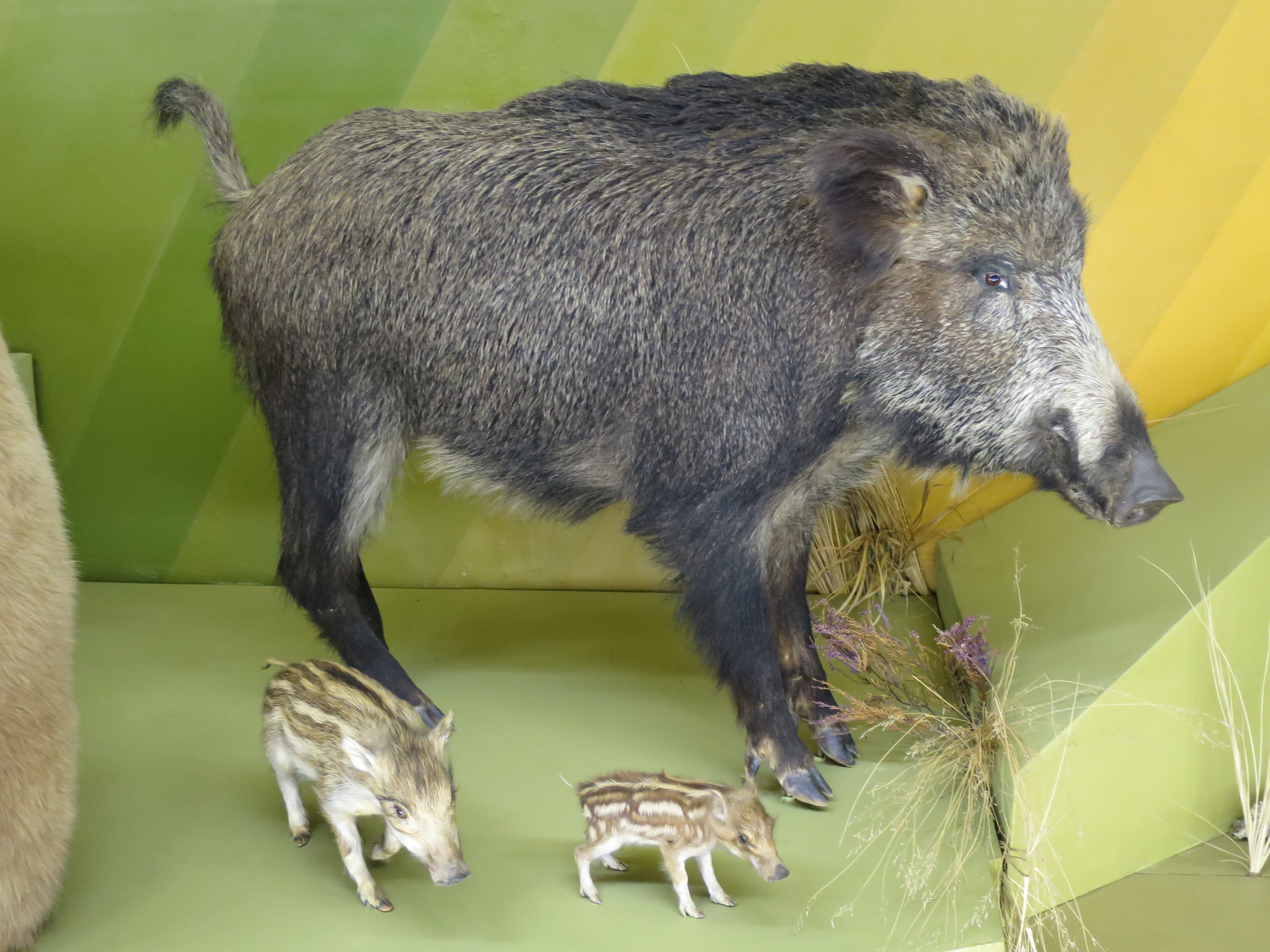
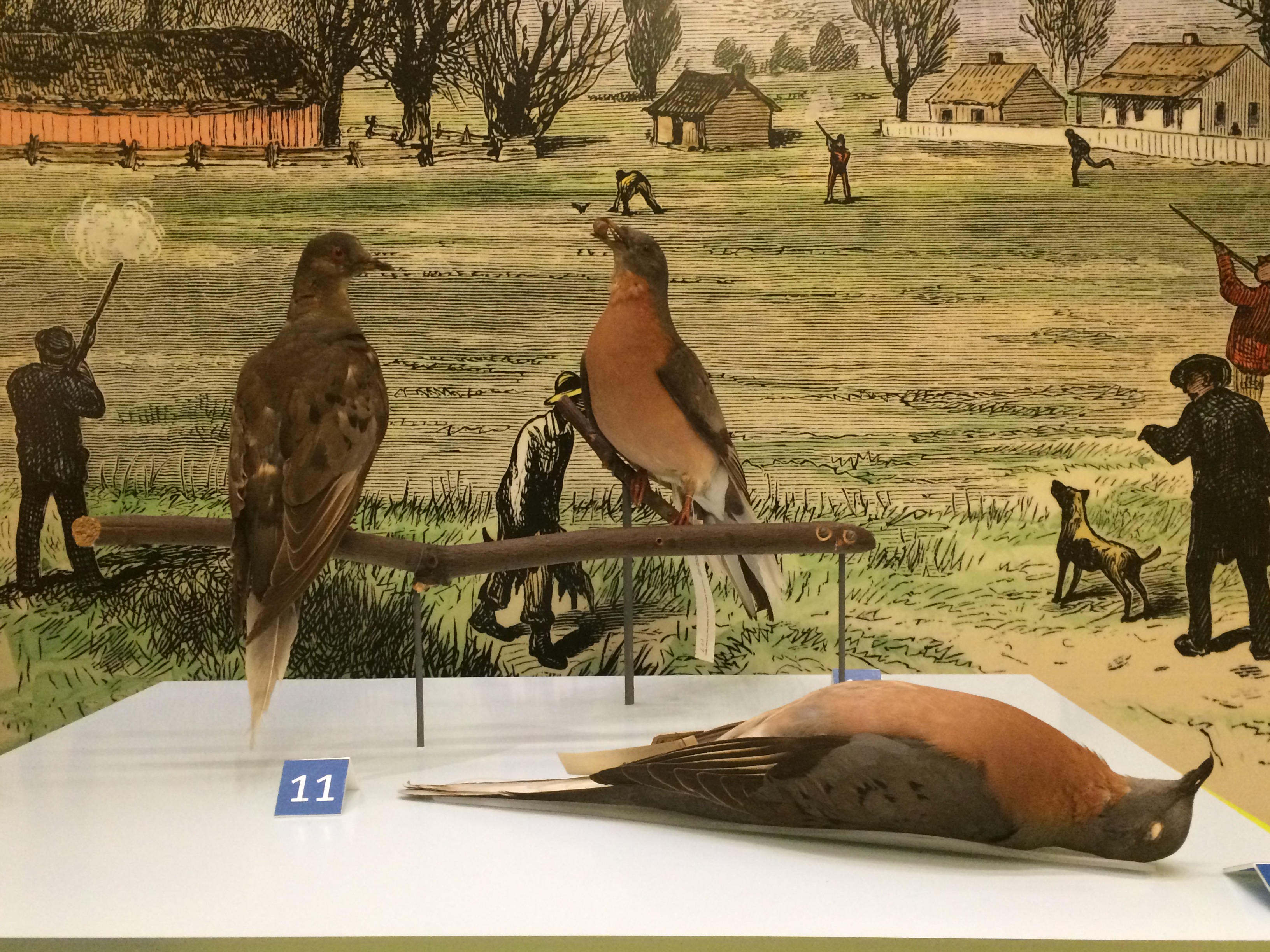
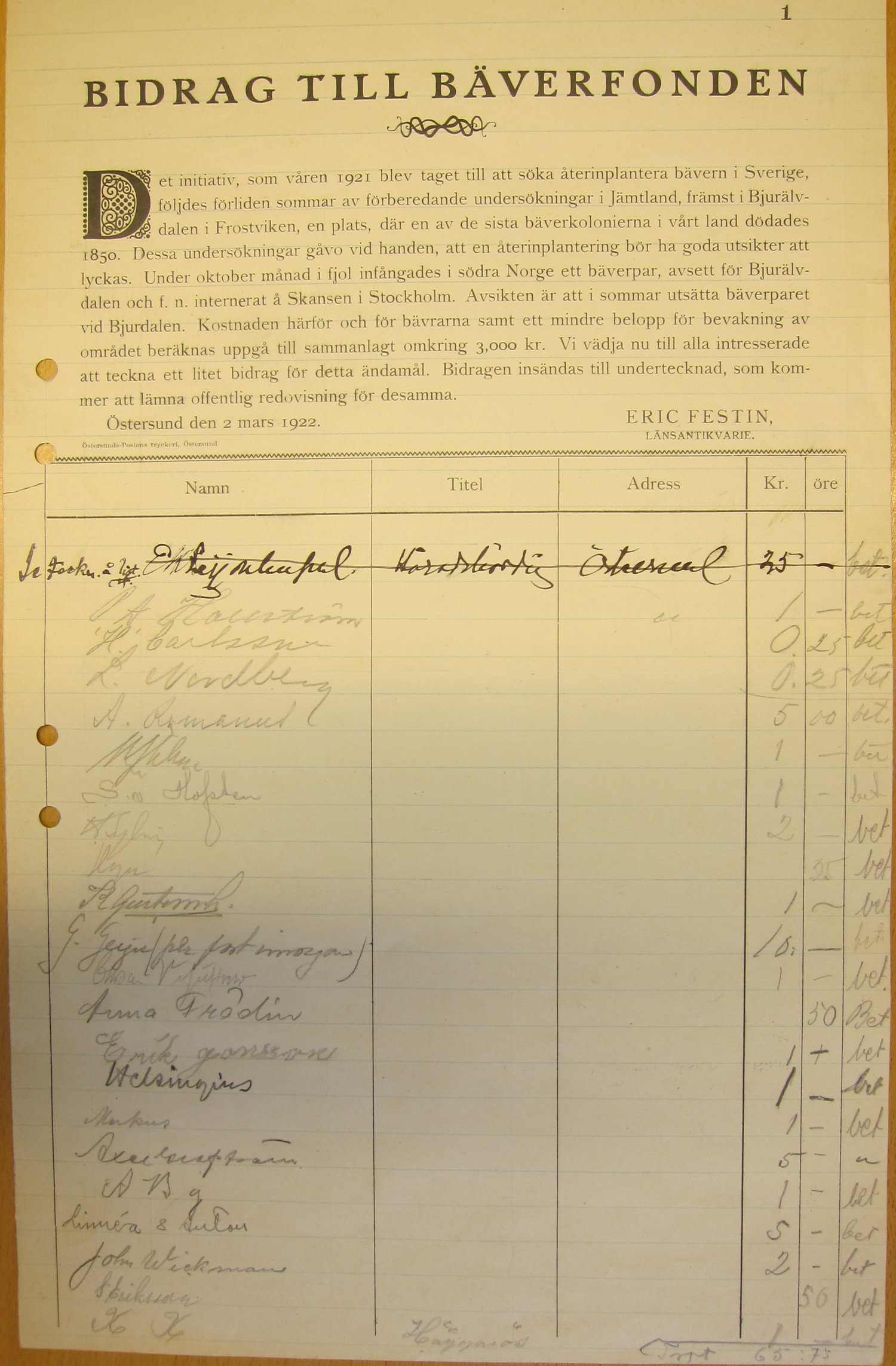
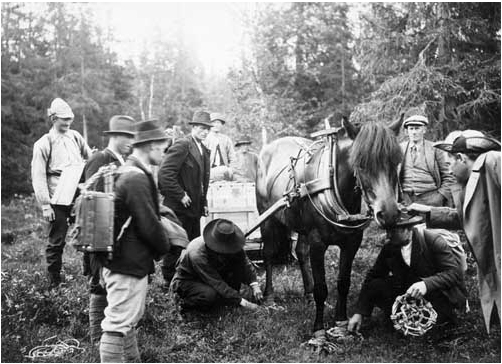
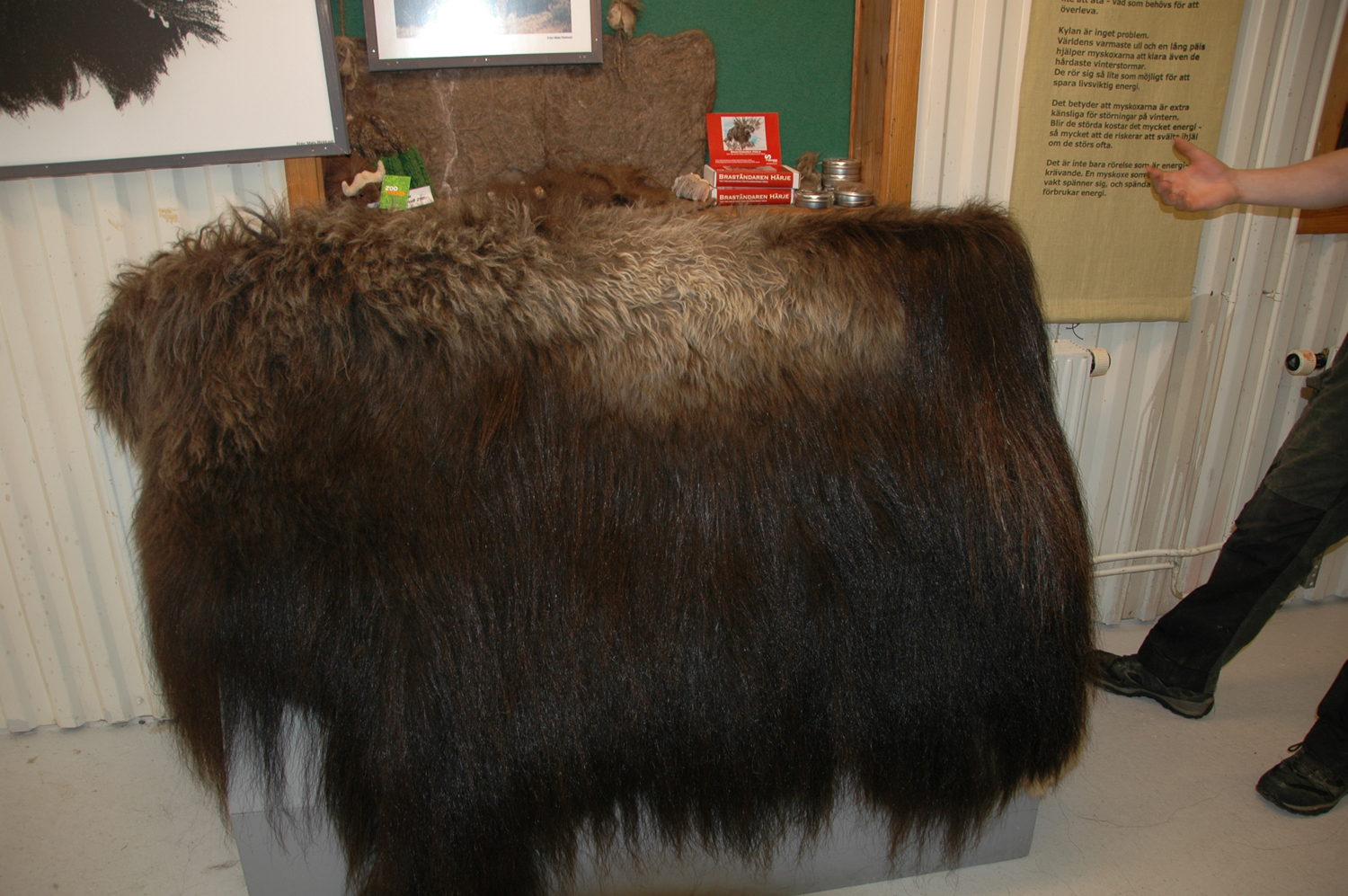
2 Comments
Paul Ramsay
Yes, the Scottish Wild Beaver Group held a very successful conference at the Hilton Hotel, Dunkeld, Perthshire, Scotland last Saturday, 28th March. 108 people from a variety of organisations attended (including Natural England, the Scottish Wildlife Trust, RSPB, the new Welsh conservation body, the Devon Wildlife Trust, Greenpeace, the Scottish Badger Group, Friends of the Earth and many more).
Paul Ramsay
I forgot to add that the conference was called ‘The Necessary Beaver’.